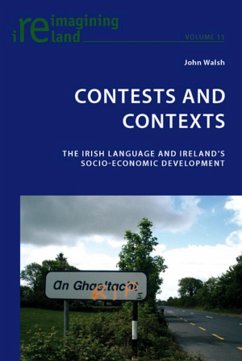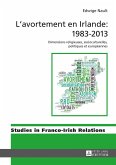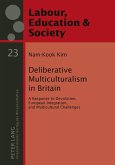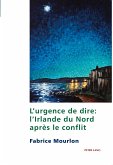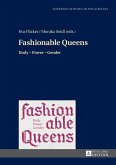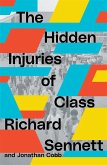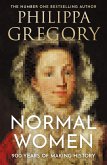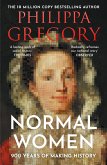Despite being Ireland's national and first official language, Irish is marginalised and threatened as a community language. The dominant discourse has long dismissed the Irish language as irrelevant or even an obstacle to Ireland's progress. This book critiques that discourse and contends that the promotion of Irish and sustainable socio-economic development are not mutually exclusive aims.
The author surveys historical and contemporary sources, particularly those used by the Irish historian J.J. Lee, and argues that the Irish language contributes positively to socio-economic development. He grounds this argument in theoretical perspectives from sociolinguistics, political economy and development theory, and suggests a new theoretical framework for understanding the relationship between language and development. The link between the Irish language and Ireland's socio-economic development is examined in a number of case studies, both within the traditional Irish-speaking Gaeltacht communities and in urban areas.
Following the spectacular collapse of the Irish economy in 2008, this critical challenge to the dominant discourse on development is a timely and thought-provoking study.
The author surveys historical and contemporary sources, particularly those used by the Irish historian J.J. Lee, and argues that the Irish language contributes positively to socio-economic development. He grounds this argument in theoretical perspectives from sociolinguistics, political economy and development theory, and suggests a new theoretical framework for understanding the relationship between language and development. The link between the Irish language and Ireland's socio-economic development is examined in a number of case studies, both within the traditional Irish-speaking Gaeltacht communities and in urban areas.
Following the spectacular collapse of the Irish economy in 2008, this critical challenge to the dominant discourse on development is a timely and thought-provoking study.
«Coming at a time of major national reappraisal of where we are going as a society, this book has a huge contribution to make to charting the road towards a better future [...] one of the most important books written on the Irish language for a very long time.» (Peadar Kirby, Professor of International Politics and Public Policy, University of Limerick, Ireland)
«This is an important book, and with applications beyond Ireland. The sort of development Walsh is interested in is limited by language but also enlivened by it: Irish is its guiding principle - an assertion of identity, a source of cohesion, a solid ground from which to act. At the very least, Walsh's work should provoke productive argument.» (Colin Ryan, Australasian Journal of Irish Studies 12, 2012)
«This is an important book, and with applications beyond Ireland. The sort of development Walsh is interested in is limited by language but also enlivened by it: Irish is its guiding principle - an assertion of identity, a source of cohesion, a solid ground from which to act. At the very least, Walsh's work should provoke productive argument.» (Colin Ryan, Australasian Journal of Irish Studies 12, 2012)

